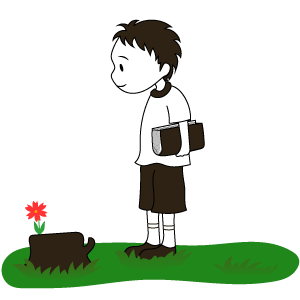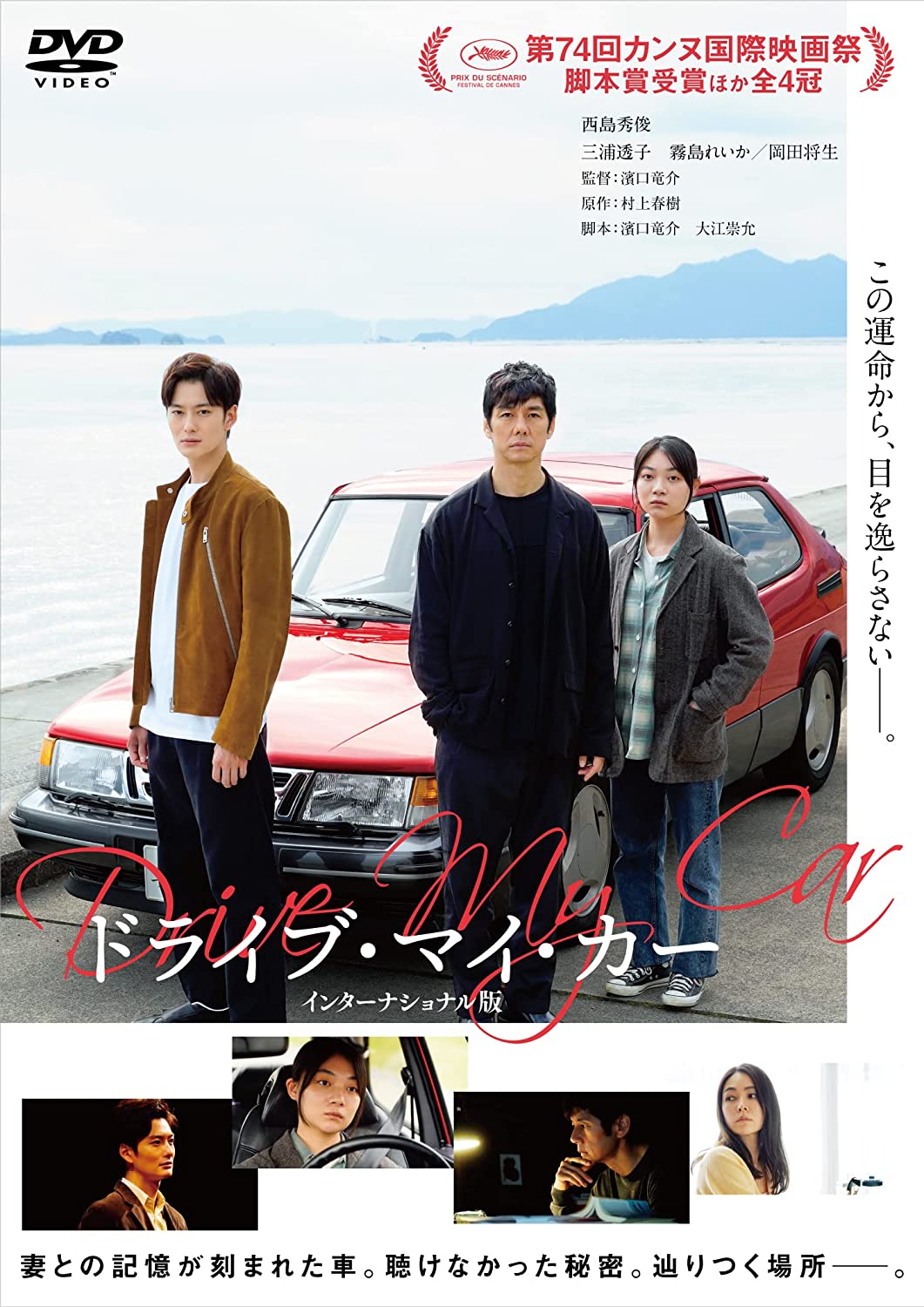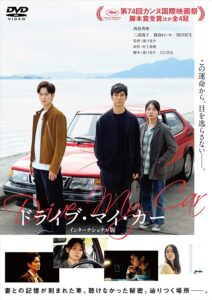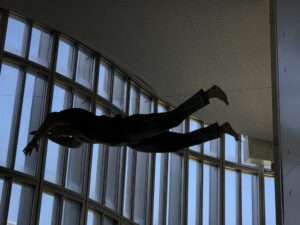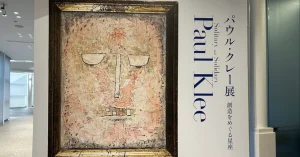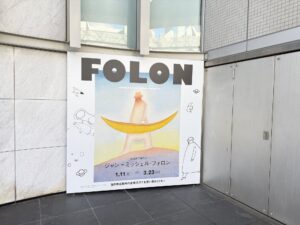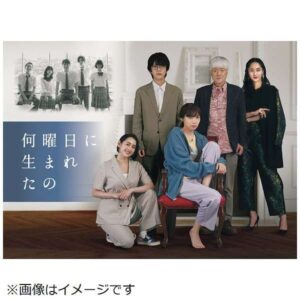I am a little late, but I watched Drive My Car.
As I expected, it was very interesting, as it is a much talked-about film nominated for an Academy Award.
However, if you haven’t read Chekhov’s “Uncle Vanya”, I think it would be quite confusing. More specifically, if you can’t read the basso continuo of “The Seagull,” “The Cherry Orchard,” and the trilogy, such as a kind of “perdition” and “sorrow for the lost,” you may be left wondering “What’s this movie about?
In fact, looking at movie reviews on Yahoo! Com, comments such as “too long” and “I don’t understand the meaning” line up side by side.
At the same time, there are also comments that the film does a good job of recreating the atmosphere of Haruki Murakami’s original work. That being said, Drive My Car is truly a literary film itself.
If you are not accustomed to reading novels on a regular basis, you may find it more difficult and even redundant than if you had not read “Uncle Vanya”.
Someone wrote in a NOTE that nowadays subjective immersion films, like Makoto Shinkai’s films, are the norm. The story progresses from the viewpoint of the main character, and you feel as if you are experiencing the joy, anger, sorrow, and pleasure that the main character experiences there.
In other words, they say that attraction movies like roller coasters are popular.
In this sense, Drive My Car may be the exact opposite of a movie, an imaginative film seen through objective eyes, like a Noh play that uses air and imagination.
To be more specific, it is a film in which one enjoys imagining the relationship between the main character and his wife, the relationship between the father and son of the girl driver, and so on, from the expressions on their faces and the scenes they see.
Of course, neither is great, and if you are looking for sensuality in a film, a subjective film is better. If you just want to immerse yourself in the atmosphere of a movie, objective movies are better.
This is not limited to movies. For example, using mountain climbing as a metaphor, some people enjoy the climb itself, feeling the joys and sorrows, while others just enjoy the changing scenery. Then there are balanced types who want to savor both. Maybe that is the difference between the two.
However, I can say that those who think that once they have climbed a mountain, they don’t need to climb it again will probably not watch this film again. Those who think they can enjoy the scenery differently if they watch it again will probably rewatch this film again and again.
And then there is the subject of this film, how much we can understand others. It shows us one answer to the question of what to do when we don’t understand and when we can no longer communicate this to the other person.
In the end, we just have to accept everything and suffer. It is the fate of those who are left behind, and at the same time, it is the way to live.
Beyond that, in Chekhov’s Uncle Vanya, he denies salvation in this life, saying, “If you endure suffering, God will surely pity you after you die. And at the end of the play within the play, Sonya also tells Uncle Vanya, who plays the protagonist, that.
Perhaps that is the practical truth. It is the truth, which is why the entire film has a very dark and sad aftertaste.
However, the hope that “the only way to survive and live through this sadness is to drive your own car, your own life, by yourself…” is expressed in the ending scene, when the profile of the female driver is shown, with a faint smile and a slightly disguised I feel that this is represented by the faint smile on the woman driver’s face, along with her slightly disfigured scar.
See you soon.
